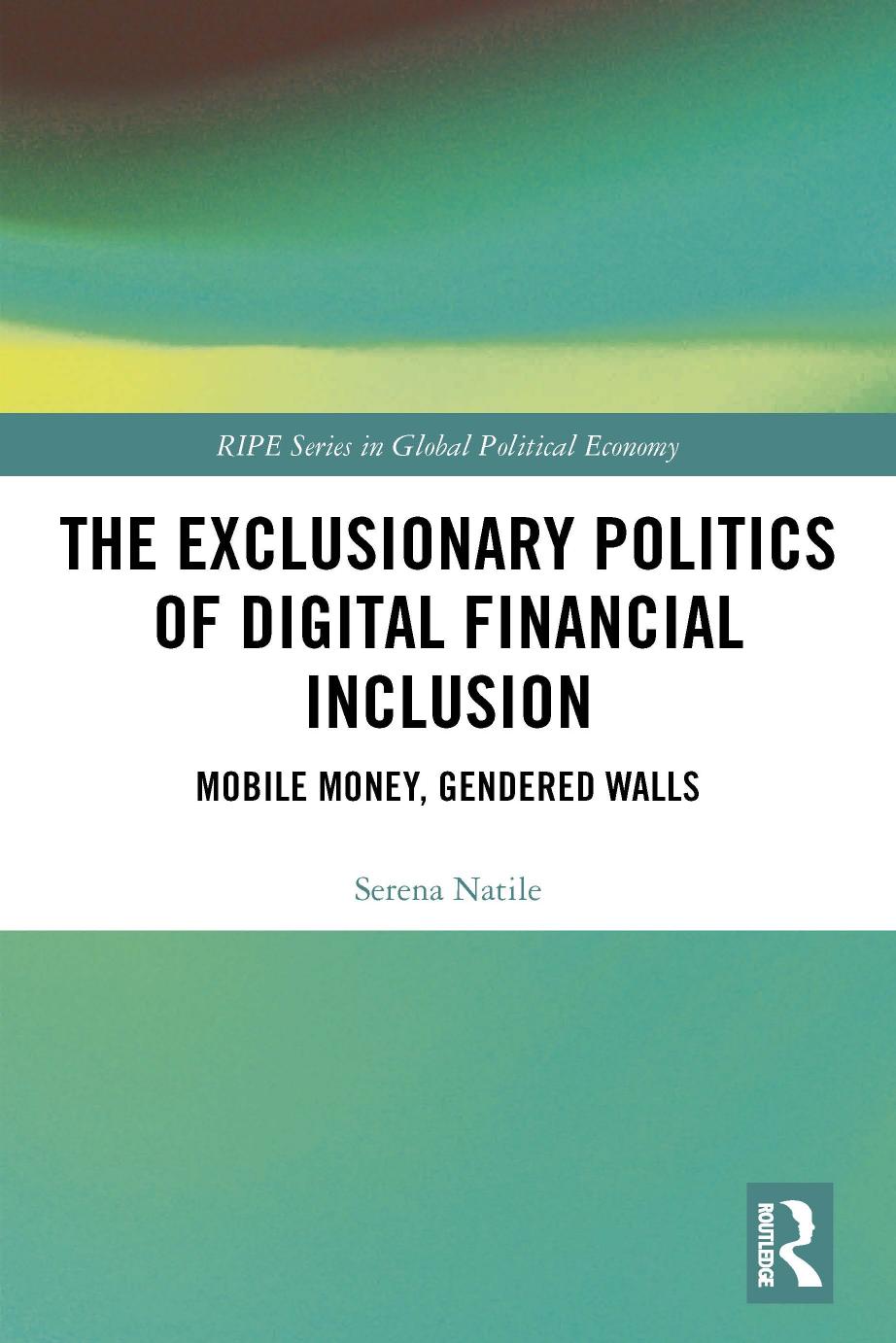

Most ebook files are in PDF format, so you can easily read them using various software such as Foxit Reader or directly on the Google Chrome browser.
Some ebook files are released by publishers in other formats such as .awz, .mobi, .epub, .fb2, etc. You may need to install specific software to read these formats on mobile/PC, such as Calibre.
Please read the tutorial at this link: https://ebookbell.com/faq
We offer FREE conversion to the popular formats you request; however, this may take some time. Therefore, right after payment, please email us, and we will try to provide the service as quickly as possible.
For some exceptional file formats or broken links (if any), please refrain from opening any disputes. Instead, email us first, and we will try to assist within a maximum of 6 hours.
EbookBell Team

4.8
44 reviewsFocusing on Kenya’s path-breaking mobile money project M-Pesa, this book examines and critiques the narratives and institutions of digital financial inclusion as a development strategy for gender equality, arguing for a politics of redistribution to guide future digital financial inclusion projects.
One of the most-discussed digital financial inclusion projects, M-Pesa facilitates the transfer of money and access to formal financial services via the mobile phone infrastructure and has grown at a phenomenal rate since its launch in 2007 to reach about 80 per cent of the Kenyan population. Through a socio-legal enquiry drawing on feminist political economy, law and development scholarship and postcolonial feminist debate, this book unravels the narratives and institutional arrangements that frame M-Pesa’s success while interrogating the relationship between digital financial inclusion and gender equality in development discourse. Natile argues that M-Pesa is premised on and regulated according to a logic of opportunity rather than a politics of redistribution, favouring the expansion of the mobile money market in preference to contributing to substantive gender equality via a redistribution of the revenue and funding deriving from its development.
This book will be of particular interest to scholars and students in Global Political Economy, Socio-Legal Studies, Gender Studies, Law & Development, Finance and International Relations.